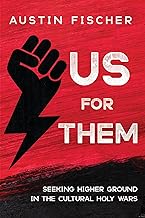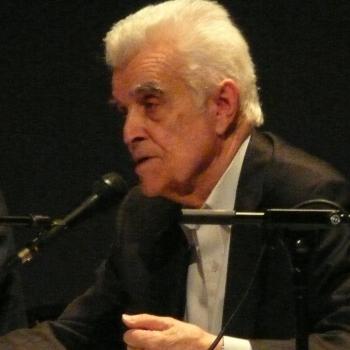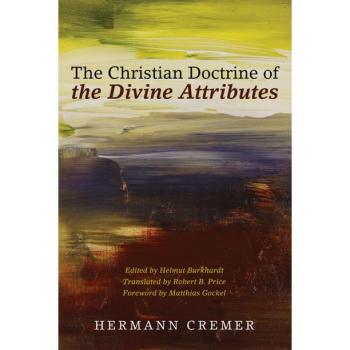Us For Then: Chapter 5: Clashing Victimocracies
Here I continue discussion of Austin Fischer’s excellent book Us For Them: Seeking Higher Ground in the Cultural Holy Wars (Cascade Books, 2024). I hope my comments about the book will stimulate you to buy it if not already.
As he often does, Austin begins the chapter with a strong affirmation of “victim narratives.” “Christians are theologically obligated to be drawn to victim narratives. If you’re a Christian repelled by victim narratives, you’re a Christian who has forgotten your story.” (62) He even affirms critical theories but then segues into his own critical theory about our culture’s over-emphasis on victimhood.
How’s this for a typical Austinism? “Critical theories are too prone to subvert reason in the name of social justice by increasingly niche identity structures that become over-determining epistemological themes.” (64) Okay, that needs some unpacking. And Austin does unpack it.
For Austin, relying heavily on Russian intellectual Aleksander Solzhenitsyn (and others), no one but Jesus Christ is a pure victim. The “line between good and evil” runs through every human heart. “If we are to gather in pursuit of God’s joyful justice done on earth as it is in heaven, we must first and foremost understand our gathering as a convocation of the guilty.” (67)
Jumping over much that is worthy of discussion, I will enter this quote for reflection: In much of our current culture, “grievance is the primary currency, where whomever is most aggrieved is king, and [it] turns us into people who…[are] proud of their bitterness.” (75)
Perhaps the most controversial statement in this chapter is this: “We [Christians] must make ourselves responsible for others, but we must not make others responsible for us.” (77) Many truly oppressed people will balk at that.
Austin’s final paragraph is especially pungent: “If we [Christians] can learn to gather as a convocation of the guilty but forgiven instead of the affronted and accusatory, to be people who are slow to place blame and quick to take responsibility, perhaps the joyful and just song of Christianity will rise above the clash of victimocracies. Tired of unjust silence and aggrieved noise, perhaps we will join in the melody of the kingdom.” (78)
Obviously, in this chapter, Austin dares to go against the current trend of “I’m more oppressed than you and you should take responsibility for my oppression even if you personally didn’t do it.” And the current trend of clashing victimocracies. Who is more oppressed, Blacks, women, Asians, Latinx, Native Americans, poor white people, gays…? Many American universities, especially, are captive to this trend. I can testify that sometimes I have felt that nothing I can say, as a teacher, will NOT offend someone. (I once had a student who was offended because I spoke of “North Africa” when talking about ancient Christianity and church fathers like Clement, Origen, Tertullian, Athanasius, and Cyprian! Another student was furious at me for teaching about Black theologian James Cone. Both of those students were Black! But I have also had white (Caucasian) students who were very angry at me for teaching about white privilege!)
What do you who read this chapter think? Is Austin right—that within the churches and, I assume he thinks, Christian communities, we should back away from identity politics and bitterness about oppression and begin all taking responsibility for ourselves and others rather than expecting others to take responsibility for us?
Let’s be specific… Ought we to expect others to apologize for being white? For being male? For being affluent? For being American? I am sure Austin is NOT saying we should not volunteer to apologize and make reparations (of whatever kind) to others who are oppressed. I am sure he IS saying we should not go after others to take responsibility for us being oppressed. (But I could be wrong and I invite him to correct me if I am wrong. But that seems to be the gist of this chapter.) Especially among Christians.
*Note: If you choose to comment, make sure you have read the chapter. If not, you may ask a question. In any case, keep your comment or question brief (no more than 100 words), on topic, addressed to me, civil and respectful (not hostile or argumentative), and devoid of pictures or links.*
















